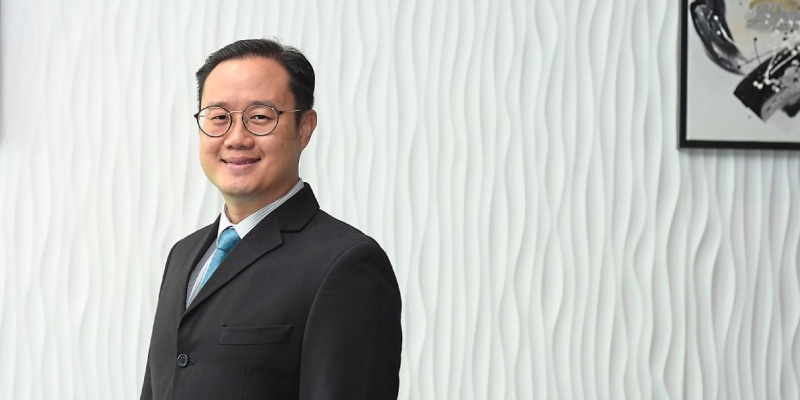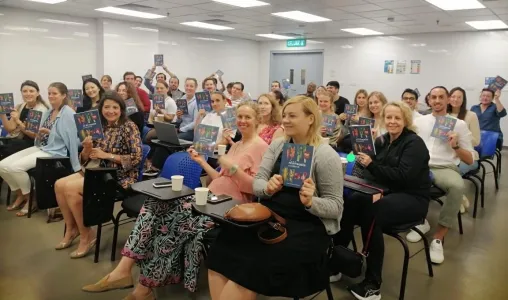Studies have shown how unpleasant emotions can spread like wildfire on social media, and mental health academics are calling for something to be done before it gets out of hand.
Sunway University Department of Psychology head and professor Dr Alvin Ng (pic) said several techniques can be utilised to manage social media consumption and reduce its negative impact including cleaning up your newsfeed.
“Be more mindful of your social media consumption habits. Practise ‘good social media hygiene’ by cleaning up your news feed.
“You can control what you choose to see or read and what not to devote your attention to, ” he said.

He also advised social media users to catch themselves when they start “doom scrolling” or being continuously fixated on an endless update of unpleasant or bad news.
He suggested creating positivity such as building surroundings that provide you with feelings of safety, security and fun, instead.
“Include socially healthy activities in your routines and allocate time away from social media to chill. Do things that help improve your mindset and ensure progress.Adapt healthily to life.”
He was speaking during a panel discussion on the science and management of emotions.
The panel session was held recently in conjunction with “The Science of Feelings: What Psychological Research Tells Us about Our Emotions” book launch.
Written by HELP associate professor and research coordinator Dr Eugene Tee whose research interest are in emotion, emotional intelligence and positive psychology, the book explores the different emotions we experience, the way emotions shape and influence our lives, and how essential emotions have always been to us.
During the event, the panelists who also comprised clinical psychologist Dr Ng Wai Sheng and HELP University Department of Psychology head and Centre for Diversity convenor Elaine Fernandez, also discussed the negative impact of the pandemic on mental health and the importance of acknowledging the difficult and challenging emotions that people have experienced during this period.
Dr Alvin Ng recommended the learning of mental health and psychosocial support methods.
“These are useful in helping yourself as well as others who may need more emotional support.
“It can be very therapeutic for you when you are able to help people, ” he said, adding that acknowledging your own vulnerabilities and seeking help for them are a good start to managing emotions in a healthy manner and increasing the frequency of experiencing positive, pleasant emotions.
“Learn and practise stress management methods. Develop better problem-solving skills. Look for help.”
Experiencing unpleasant emotions during these times, he said, was normal and one should reach out for professional help.
Dr Tee provided tips for psychologists and academics to effectively share their knowledge with the public.
“Writing for the popular press and appearing in the media are helpful.
“Make knowledge and research findings more accessible and relevant for the collective mental health of our nation.
“Conveying the science of what we do to the public is important to build scientific literacy in mental health and psychology, ” he said.
“The Science of Feelings: What Psychological Research Tells Us about Our Emotions” is part of Sunway Shorts – a new pocket-sized series featuring insights from thought leaders and experts as easy reads.
Source: The Star







